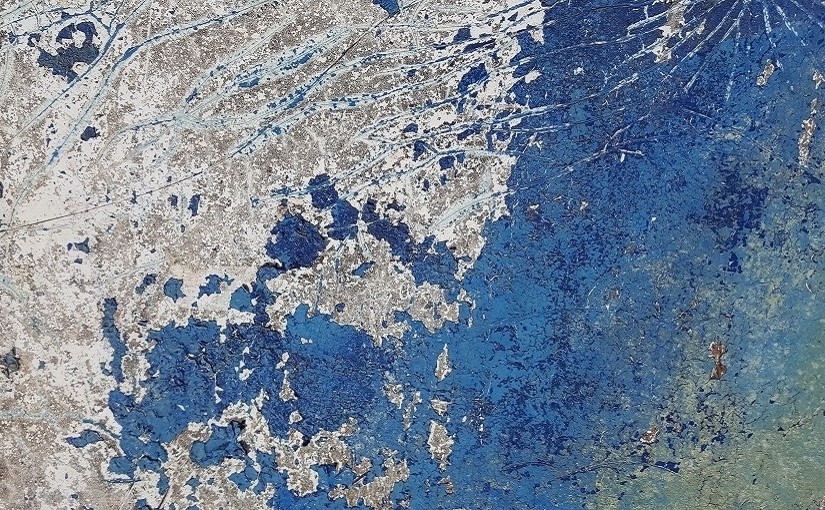Looking at society and the meaning behind it, we can of course focus on the economic: on growth, profit, and all that goes along with that. It’s a fairly well-established method of assessing things, essentially prioritising what we’re doing to meet demand. But there’s also the human side, the lives we’ve made for ourselves and what it all means in practice. How compatible are these perspectives?
And, writing that, I wonder how meaningful the question is – whether there’s any point looking at life that way. But then if economic activity exists to meet our needs, surely there’s some justification in asking what these realities mean for us as humans within that society?
Our systems seem to have evolved, rightly or wrongly, out of paths taken in the past; developing into this quite remote and transactional series of markets, forces, demands, and solutions. Ways our lives fit into those systems and how we might feel about our roles in them is a broader question still, as is how all this sits within the world as a whole (see Notes One).
The bigger picture, I suppose, is one of humans living on earth and cooperating to meet their essential needs. What we know as the economy then being how we’ve come to organise those activities to generate and distribute resources, either as goods or the capacity to buy them. Simplistically put, that seems the basic formula.
Notions of what’s a genuine ‘need’ and the extent ‘manufactured needs’ may indeed fuel the economy and generate greater wealth are separate concerns. I mean, we do have needs – individually and collectively – as well as possibly limitless desires and wants; but the level to which that’s encouraged by marketing seems questionable (Note Two)
Society itself can also be seen as having needs, such as the rational, balanced, informed, and willing participation of its citizens (Note Three). Then there’s the need for an all-encompassing sense of meaning: ideas around what we’re doing, what it contributes, how worthwhile it is, and that we’re valued for the parts we play within our community.
To my mind, much of that tumbles into the realm of culture as the place we create meaning and belonging through the stories we tell and the practices we observe. But then, even there, money’s come to play an important part in defining and shaping our importance in the eyes of society (Notes Four).
Money’s apparently spilled out of purely concerning itself with resources, now seeking to guide our ideas and our ability to grasp what’s going on. Surely it’s important, given how our personal worth, independent agency, and wider understanding enable us to choose what we commit ourselves to, as consumers or as citizens.
Why that is, why everything’s now a marketplace, is one of the stranger things about modern life: that our social world of meaning and self-esteem would be pulled into this other world of goods and services. Because, when it comes down to it, surely the economy was there to support us.
Notes and References:
Note 1: Life and money, seamlessly interwoven
Note 1: Created a system we seek to escape?
Note 1: Selective intelligence in what we do
Note 2: “Small is Beautiful”
Note 3: Media within democratic society
Note 4: Culture selling us meaning
Note 4: Why listen to media that exists to profit?
Note 4: Economics and the task of education
Note 4: The worth of each life

